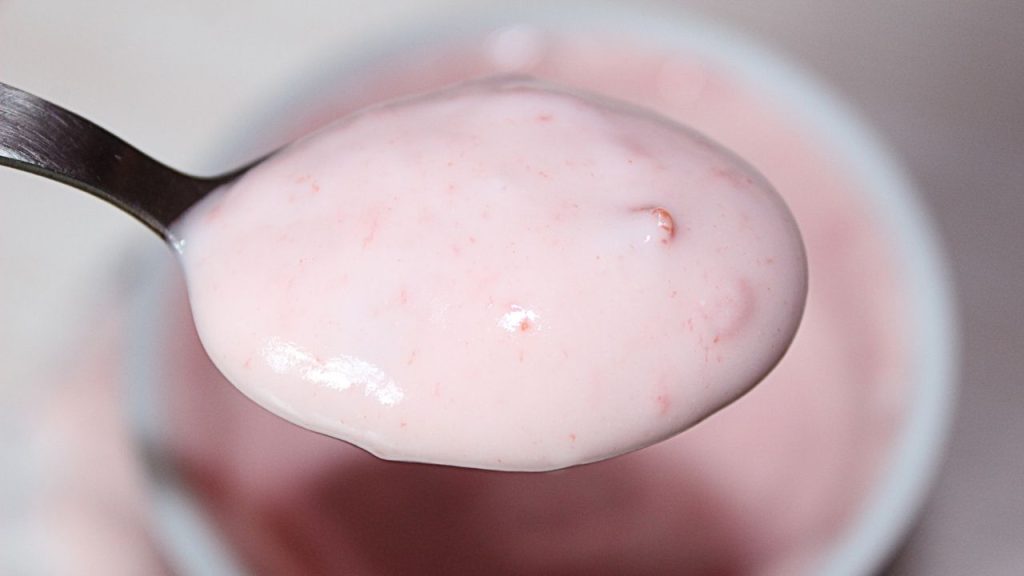No products in the cart.
SHOULD YOUR BABY TAKE YOGHURT?

Yogurt can be a nutritious and beneficial addition to a baby’s diet, typically introduced around 6-8 months of age, depending on their readiness for solids. Here’s what you should know about yogurt for babies:
Type of Yogurt to Buy:
When choosing yogurt for babies, opt for plain, whole-milk yogurt without added sugars or artificial sweeteners. Greek yogurt is also a good choice due to its thicker texture and higher protein content. Avoid yogurts marketed as “low-fat” or “diet” as they may not provide the essential fats and nutrients babies need for growth and development.
Why Babies Need Yogurt:
- Nutritional Benefits: Yogurt is a good source of calcium, which is essential for developing strong bones and teeth. It also provides protein for growth and probiotics that support digestive health.
- Easy to Digest: The live cultures in yogurt aid in digestion and can be easier for babies to digest compared to milk because the culturing process partially breaks down lactose.
- Introduction of Texture: Yogurt helps babies get used to different textures as they transition from smooth purees to chunkier foods.
Ways to Serve Yogurt to Babies:
- Plain Yogurt: Start with plain, whole-milk yogurt without added flavors or sugars. Babies do not need added sugars in their diet, so it’s best to introduce them to the natural taste of yogurt.
- Mix with Fruits: You can mix a small amount of mashed or pureed fruits (like banana, apple, or berries) into yogurt to add flavor and nutrients. Ensure the fruit is well-mashed or pureed to avoid choking hazards.
- Smooth Puree: For younger babies, yogurt can be thinned with breast milk, formula, or water to achieve a smoother consistency that is easier to swallow.
- As a Topping: Yogurt can be used as a topping for cereals or mixed with baby cereals to enhance flavor and nutritional content.
- Yogurt Melts: Freeze small dollops of yogurt on a baking sheet for yogurt melts that babies can easily pick up and self-feed once they are ready for finger foods.

Precautions:
- Allergies: If there is a family history of dairy allergies, consult a pediatrician before introducing yogurt.
- Watch for Reactions: Monitor your baby for any signs of discomfort or allergic reactions after introducing yogurt.
- Moderation: Start with small amounts to ensure your baby tolerates yogurt well before gradually increasing the serving size.
Introducing yogurt to your baby’s diet can be a positive step towards providing them with essential nutrients and promoting healthy digestion. Always consult with your pediatrician if you have any concerns or questions about introducing new foods to your baby.


